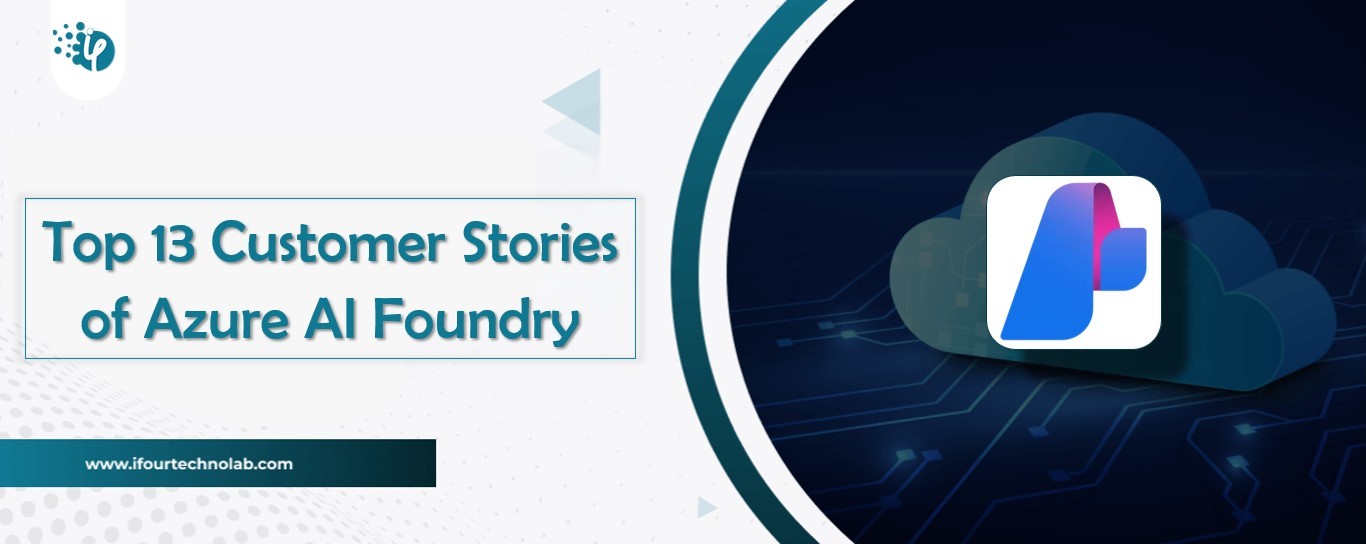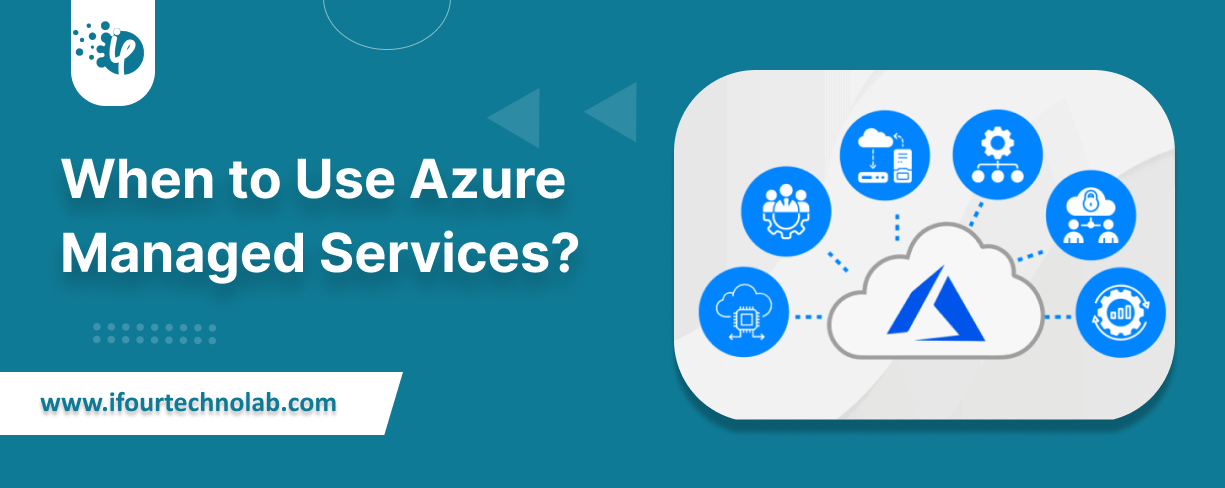Microsoft 365 Copilot in Finance: Top 7 Use Cases
AI and Automation aren’t just options anymore. They are a necessity to keep yourself focused on what matters the most. Whether it is Zapier or Power Automate, ChatGPT or Copilot, every...
Listening is fun too.
Straighten your back and cherish with coffee - PLAY !

It has become necessary to understand the importance of security for any company including software development companies in order to provide robust, safe and secure experience to users. Actually hacking is not that much of dramatic which are shown in movies. It is dangerous enough that every business owners would be wanting to avoid it. In this blog we would try to know what is malware, how it can affect web applications and computer systems and some suggestions to protect your environment from malware.Let’s get started!
The malware word itself sounds scary, because it has ability to affect the environment seriously in negative way. It is an abbreviation of the word “malicious software” and here is the definition. Any software which is designed to damage or gain the access of a website or computer system, without any information of an owner
There are different types of malwares which can attack a computer system or web application. Each malware has its own goals. Here are some of them.
Spyware: to steal sensitive information
Ransomware: used for blackmail
Adware: used to show forced advertising
Trojan horses: for copying, stealing, modification or deleting data
Zombie computer scripts: to send spam mails
For any new business or small website finds it critical to maintain the reputation, as any small malware in the web application may result into losing customer trust.
The community of hackers doesn’t just look for government websites or big banks. One big thing now companies have to focus on outdated applications. Everyday applications are constantly being updated by modifying programming language and codes into it. It is also a responsibility of a user to maintain the updated version of applications. Hackers can use these kind of applications to inject into website and install malware.
But outdated applications are not the only problem for website owners. While installing any new software into a system, owners have to make sure that there isn’t any hidden malware which can cause harm in the system. Malware may also come at the time of sharing any file. As not every system can have internet security, file sharing may come with unwanted malwares. It only requires one weak link to affect the file which is being shared.
How do owners protect their websites against the threats of malware?
Online threats will always be there, though there are numerous ways to protect your web application against the attacks and save users from big hackers. At personal level start using trustable antivirus which can protect your system from any kind of malware. At corporate level, follow some companies of antivirus on which you can trust like Quickheal, Norton, McAfee, etc. There should be policy for security which should be made to follow compulsorily. There should be firewalls on systems which protects from any suspicious download links. All the third party applications should be kept up-to-date. Also you need you encourage your customers to use strong passwords while filling form or signing up on your website. A weak password allows an attacker to get into system and install malware. Have you ever seen green lock at beginning of web address? It is an SSL certificate which is one of the best way to keep your web application secured.
Online presence is necessary to get success in today’s business world, but it is equally important to protect your web application from online threats.

AI and Automation aren’t just options anymore. They are a necessity to keep yourself focused on what matters the most. Whether it is Zapier or Power Automate, ChatGPT or Copilot, every...

AI is everywhere now. Companies use it to handle customer questions, process accounts and even make real decisions that professionals used to spend hours on. What took days now happens...

Azure Managed Services is a massive hub, and inside this, you've got everything from Virtual Machines, Azure SQL Databases, App Services, to Kubernetes, and even Azure Entra ID. It’s...